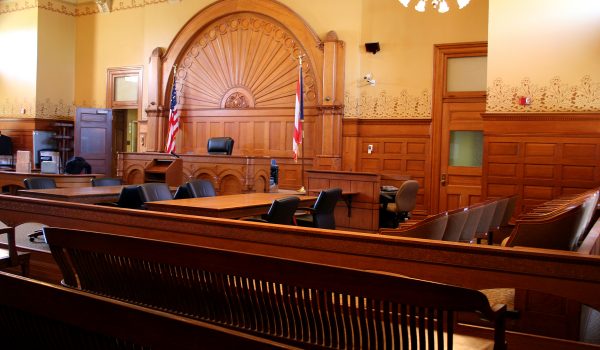On March 9, 2020, after years of litigation, the United States Court of Appeals for the Ninth Circuit affirmed a jury finding that Led Zeppelin’s “Stairway to Heaven” did not infringe Randy Wolfe’s song “Taurus,” as performed by the band Spirit. The opinion, Skidmore as Tr. for Randy Craig Wolfe Tr. v. Zeppelin, is available here.
In May 2014, Randy Wolfe’s estate sued Led Zeppelin for copyright infringement, alleging the opening notes of “Stairway to Heaven” infringed an eight-measure passage from Wolfe’s song “Taurus.” After a five-day trial in 2016, the jury found that although Led Zeppelin had access to “Taurus,” the two songs were not substantially similar and thus non-infringing.
To determine whether two works are substantially similar, the Ninth Circuit applies the extrinsic test—an objective comparison between two works of specific protectable expressions. Significantly, in the March 9 opinion, the Ninth Circuit affirmed that the deposited one-page of sheet music defined the scope of the copyright for the underlying musical composition “Taurus” because the 1909 Copyright Act did not offer protection for sound recordings and the language of the act specifically stated that authors must deposit for unpublished works “a complete copy.” Accordingly, the district court did not err in prohibiting the sound recordings of “Taurus” to be played for the jury on the issue of substantial similarity.
Additionally, the Ninth Circuit joined the Second, Fifth, Seventh, and Eleventh Circuits in rejecting the inverse ratio rule—a rule that essentially states the stronger the evidence of access, the less evidence is needed to show substantial similarity—and overruled its precedent to the contrary. The Ninth Circuit rejected the inverse ratio rule as illogical and inconsistently applied in practice. Among other things, the court found that it often favored works that were more well-known. Therefore, the Ninth Circuit concluded that the district court did not err in declining to give a jury instruction on the inverse ratio rule.

